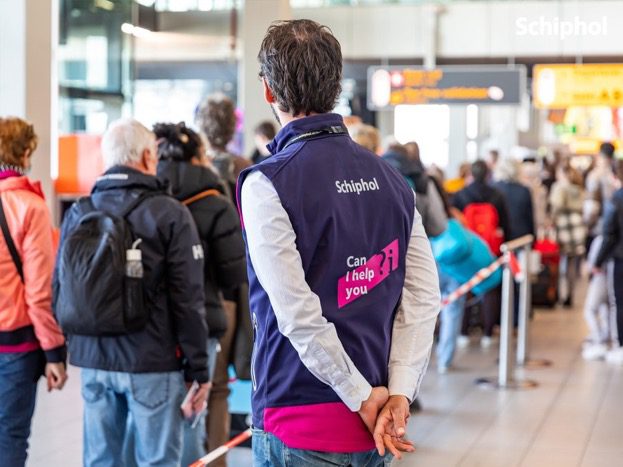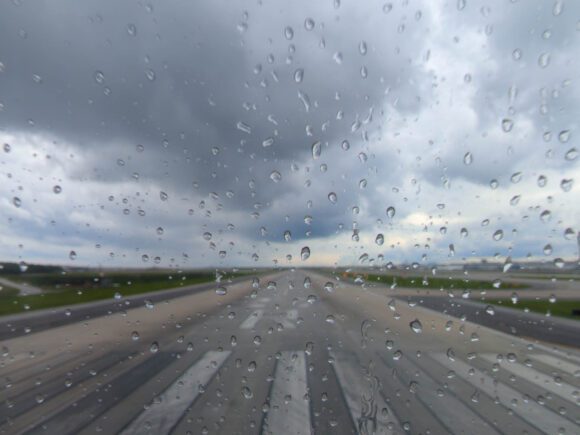
thumbnail IMG 2114
Staff shortages have been reported by many airlines and airports across the world, but one of the airports with a serious problem is Amsterdam Schiphol. The airport announced an action plan on May 26 that should bring some relief, but probably only to airport staff and not the passengers and airlines. Schiphol calls on airlines to reduce flights.
Schiphol is one of the airports that reduced its staff during the two-year Covid period. And like London Heathrow of Frankfurt was caught by surprise when traffic soared quicker than expected in the past weeks. On April 23, KLM ground handlers announced a six-hour ‘wild’ strike that totally disrupted the airport for a number of days. Underpaid and understaffed, the ground handlers stated that the pressure on them was too high.
In the following weeks, to the outside world, all seemed fine again. But last Monday and Tuesday, the system collapsed again. Not just the baggage handlers but also security was severely short on staff. It resulted in waiting lines of five to six hours for security, many travelers missing their flights, and tensions rising high that caused the airport police to intervene.
Reducing the number of available slots by 30.000
Two days later, Schiphol has come up with an action plan. The first ingredient was announced on Wednesday evening and is about the reduction in slot capacity. Between June 1 and August 28, the airport wants to reduce airline slots from 120.000 to 90.000. Slots that airlines are unable to use will not be taken up by another airline, but remain unused. Schiphol expects that this puts off the pressure on the 80/20 slot rule and results in airlines surrendering unused slots more easily and quicker, thereby reducing the pressure on the airport system. As CEO Dick Benschop says in the action plan, the airports want to get to a ‘manageable operation’ with better coordination between airlines. Moving flights to regional airports like Rotterdam The Hague, Eindhoven or even Groningen Eelde are other options. In the last option, the airport could force airlines to reduce the number of flights.
Other ingredients of the plan are the recruitment of more ground handling and security staff, better wages and other social conditions to make Schiphol an attractive employer again, and improved crowd control to better direct travelers through the airport.
But this is Schiphol’s point of view. Unions representing the ground staff have threatened to go on strike from June 1 if the airport fails to meet their demands in time. Because recruiting new staff is one, having them available in time for the peak summer season is something else. Negotiations are set to continue coming Monday.
Airlines resist capacity cuts
Then there are the airlines, which already struggle themselves with staff shortages. Reductions in the number of flights directly impact Schiphol’s biggest operators KLM and Dutch leisure airlines Transavia, TUI Fly, and Corendon, but also others with a prominent position there like easyJet. KLM’s Pieter Elbers said in Luchtvaartnieuws that Schiphol should be more creative than just cutting flights. Keeping Schiphol open longer during the night, improved crow management, or moving flights to regional airports are some of his preferred options, although it is no answer for staff shortages that run into the hundreds. KLM has taken the unusual step and accepts only a limited number of booking through this weekend, just to create flexibility in its system for travelers who need to be re-booked after a cancelation.
Leisure airlines warned that they are unable to cancel flights as most of their customers have booked package holidays, sometimes months ago. Cancelations would significantly hurt the travel industry, just when the sector is seeing a recovery of demand after the two Covid-years. With many people eager to fly again, this continues to add pressure to the system for which there is no short-term solution. Either people refrain from flying or airports and airlines get adequately staffed, the capacity problems will be there to stay.
Views: 2



